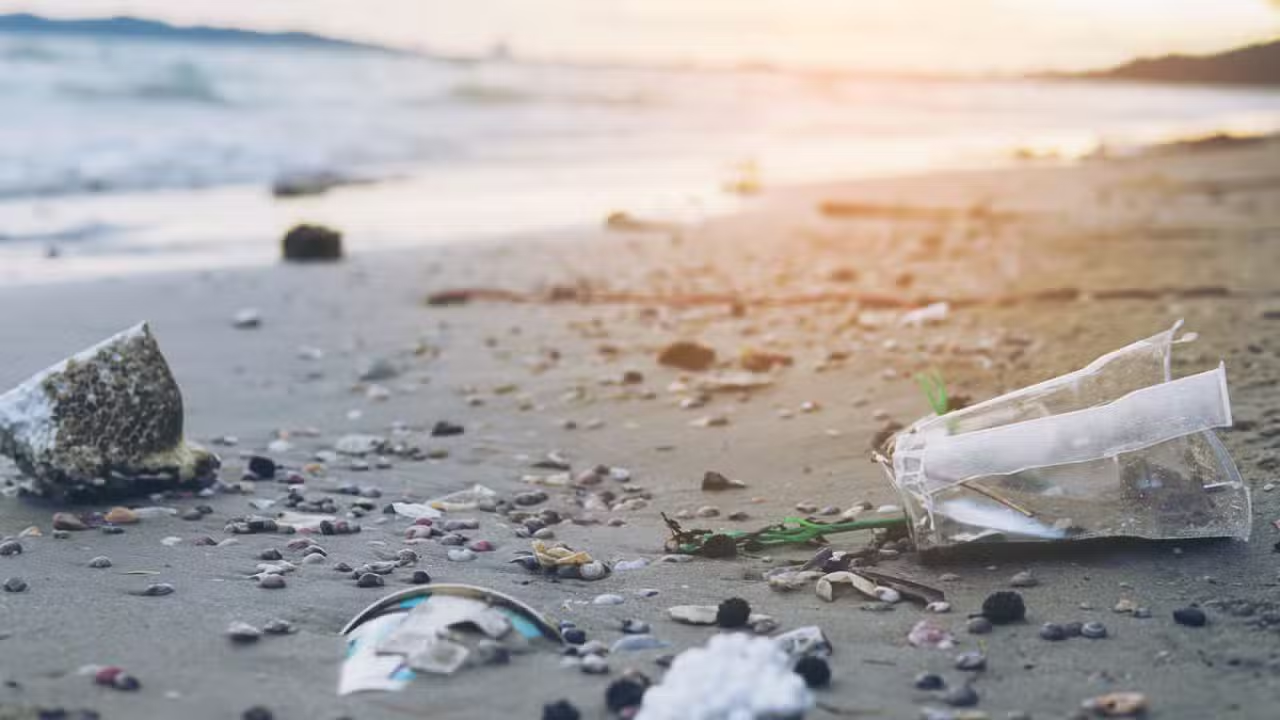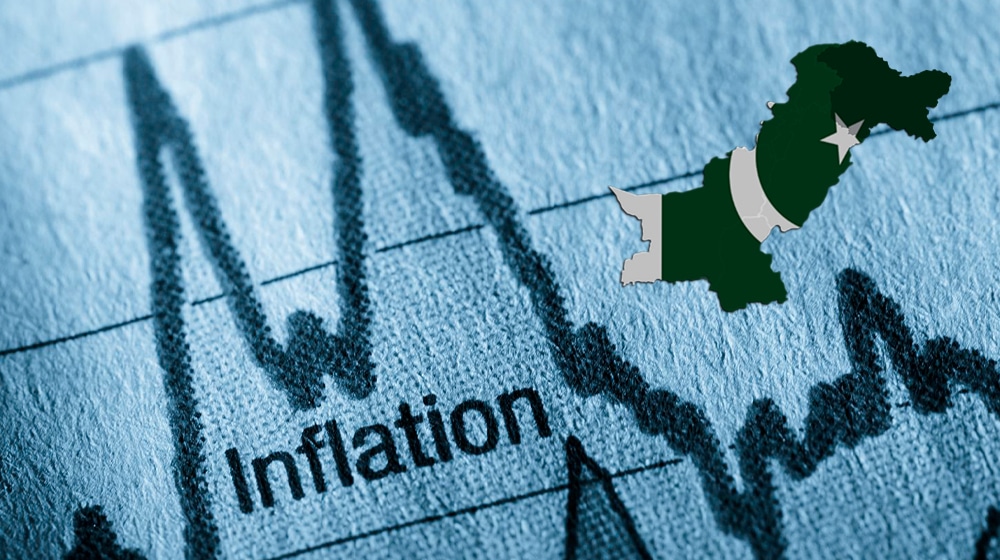Plastic is everywhere—in our kitchens, clothes, schools, and even hospitals. Its convenience has come at an alarming environmental and human cost.
In Pakistan, only 4% of plastic waste is recycled. The rest ends up littering landscapes, clogging rivers, or even entering our bodies. In Hyderabad, 27% of plastic waste finds its way into the Indus River. Microplastics are now present in our drinking water, seafood, blood, and breast milk.
Even more concerning is that nearly half of the country’s plastic waste is openly burned. Cities like Karachi and Lahore collectively burn around 175,000 tons of plastic annually, releasing toxic fumes that contribute to Pakistan’s ranking as the country with the second-worst air quality globally. Burning plastic not only harms health but also accelerates climate change, melting glaciers and intensifying heatwaves and floods.
But change is possible. Tackling this crisis requires collective efforts—from reducing plastic use and improving recycling to ensuring safer waste management. The Plastics Action Roadmap, led by Pakistan’s National Plastic Action Partnership, targets a 75% reduction in plastic pollution by 2040.
READ MORE: Samsung Galaxy Z Fold 7, Flip 7, and Flip 7 FE Specs and Colors Leaked Ahead of Launch
A key driver of plastic use is the lack of access to clean drinking water, pushing people towards bottled water. Public access to safe water must be a priority to reduce reliance on single-use plastics. Public awareness is also lacking—many people are unaware of the health risks of plastic degradation or heating food in plastic containers.
Innovation from the private sector is crucial. Companies must explore alternatives to plastic or redesign products to be recyclable. At the same time, recycling facilities need expansion and modernization, and safe landfill practices must be implemented.
Institutions must lead by example. The Aga Khan University has already eliminated single-use plastics on its campuses and is working to reduce plastic in its hospitals, where plastics account for 30% of medical waste. Their community is also driving research and education efforts to combat plastic use.
Equally important is the protection of waste workers, who are often from marginalized communities and lack protective equipment. Addressing plastic pollution must also involve ensuring their safety and dignity.
Ultimately, real change begins with individuals. Our voices, actions, and choices matter. We must not ignore the pollution we see; we must demand solutions and support those making progress.
Pakistan generates over 3 million tons of plastic waste annually—enough to form two K2-sized mountains. Without intervention, this number could nearly quadruple by 2040. The future of our air, our health, and our children depends on how we respond today.




